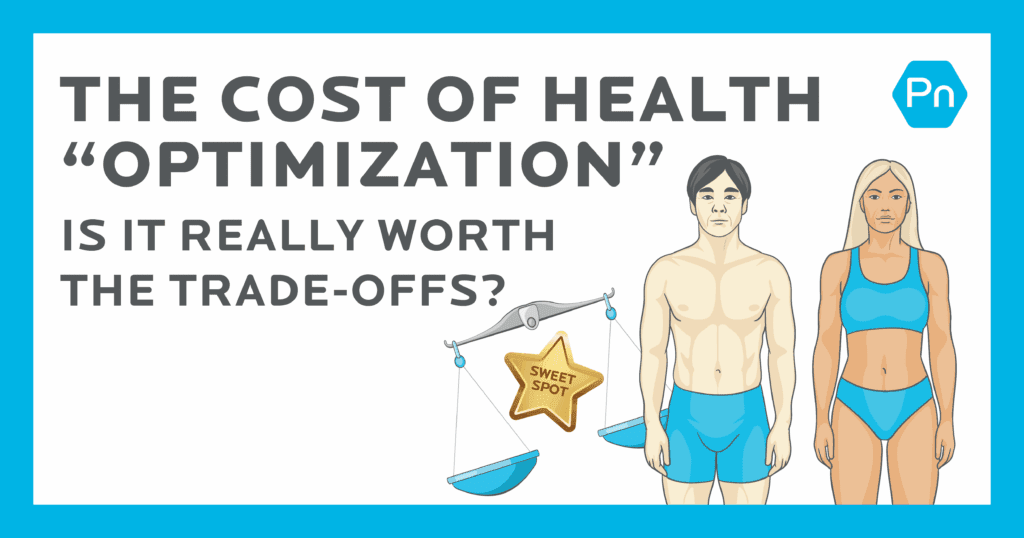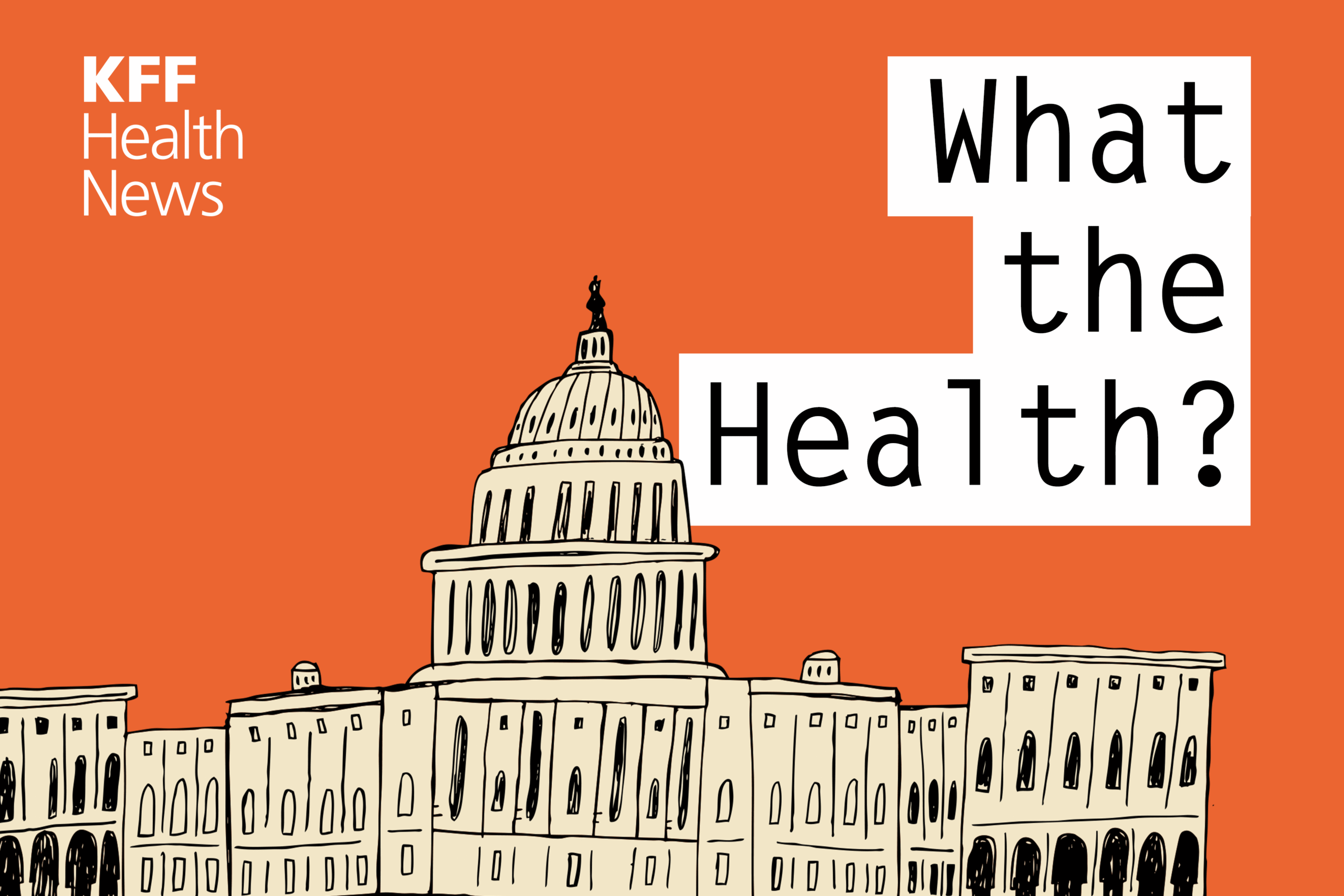
About 60% of Americans have had at least one dose of the COVID-19 vaccine. This is fantastic news. Cases are dropping, which means fewer people are dying or developing long-term effects of COVID-19.
As the vaccine becomes more widespread, we’re seeing some interesting—if not unexpected—trends. One such trend is that women are reporting different side effects than men. You may have heard that the vaccine can cause temporary swelling in the lymph nodes, which could result in a false positive mammogram. Women are also reporting stronger reactions in fatigue and achiness, and in some cases, disrupted menstrual cycles.
Researchers aren’t sure yet what accounts for the differences, although they have a few ideas. But as women continue to get vaccinated, it’s important to know what to expect.
At Blue Cross and Blue Shield of North Carolina (Blue Cross NC), we want you to feel empowered to make the best care decisions for you. So we’ve compiled the common side effects women have reported after receiving their vaccination.
Stronger Reactions
CDC data shows that women were more than four times as likely as men to experience side effects from their first vaccine dose. Common reactions include:
- Fatigue
- Dizziness
- Headaches
- Arm soreness
Women also report stronger side effects than men.
While this may seem worrying, it’s important to know that most side effects are non-serious and short-lived. After 24-48 hours, the majority of women said they no longer felt any side effects.
Multiple factors could explain the difference in women’s and men’s reactions to the vaccines. It’s possible that women are simply more likely to report reactions. But experts think there are biological differences, too. For example, women are thought to have more robust immune responses.
If you are concerned about any of these side effects, don’t hesitate to talk to your doctor.
Greater Likelihood of Allergic Reaction
While there have been very few cases of life-threatening allergic reactions to the vaccines (only occurring between two to five people per million vaccinated), women made up 94% of these cases.
This isn’t new. During the 2009 flu pandemic, women experienced similar rates of allergic reactions. Four times as many women as men between the ages of 20 and 59 reported allergic reactions after receiving the flu vaccine.
Most allergic reactions have occurred within 15 minutes of vaccination and were able to be treated. This is one reason why it’s important to stay for the recommended monitoring period after receiving your vaccine. Clinics administering vaccines know the treatment guidelines for allergic reactions. If you are concerned, you can confirm the guidelines with your vaccination clinic of choice ahead of time.
Disrupted Menstrual Cycles
Many women have reported temporary changes like heavier flows and more cramps in their menstrual cycles. However, disruptions in women’s periods can also be triggered by many normal events, such as diet changes, stress and taking birth control. That’s why medical professionals agree this short-term change shouldn’t deter women from getting vaccinated.
Additionally, while the vaccines could be linked to short-term period changes, there is no reason to believe any of the vaccines will make a woman infertile.
Swollen Lymph Nodes
Some people experience swollen lymph nodes in the armpit or near the collarbone of the arm that receives the vaccination shot. Lymph nodes are small bumps of tissue with disease-fighting white blood cells. When the body is fighting off the flu, cancer or other infections and diseases, the lymph nodes swell as a response.
It is normal to experience swollen lymph nodes post-vaccine. It means the immune system is reacting to the vaccine. Women tend to have quicker and stronger immune systems, which means they are more likely to experience this side effect. Swollen lymph nodes generally appear for up to 10 days after the vaccine is administered and can be visible on imaging tests for up to one month.
For those who are at the recommended age to get a yearly mammogram, this can be startling. However, health care providers are aware of this potential finding on imaging studies. They can advise their patients on the best plan to maintaining routine cancer screenings while also being vaccinated against COVID-19.

You Have a Spot to Take Your Shot
These side effects in women have largely been temporary and shouldn’t be a deterrent for receiving a vaccination. While stronger side effects can last up to 48 hours and temporary changes in periods and lymph nodes may cause discomfort, many who are struck by COVID-19 experience much worse effects for weeks and some are left with long-term medical issues.
As you continue to empower yourself through research, remember to look for credible sources, such as the CDC.
For more information on vaccine distribution, visit the NCDHHS.
The post What women need to know about COVID-19 vaccine side effects appeared first on Point of Blue.
Original Article










